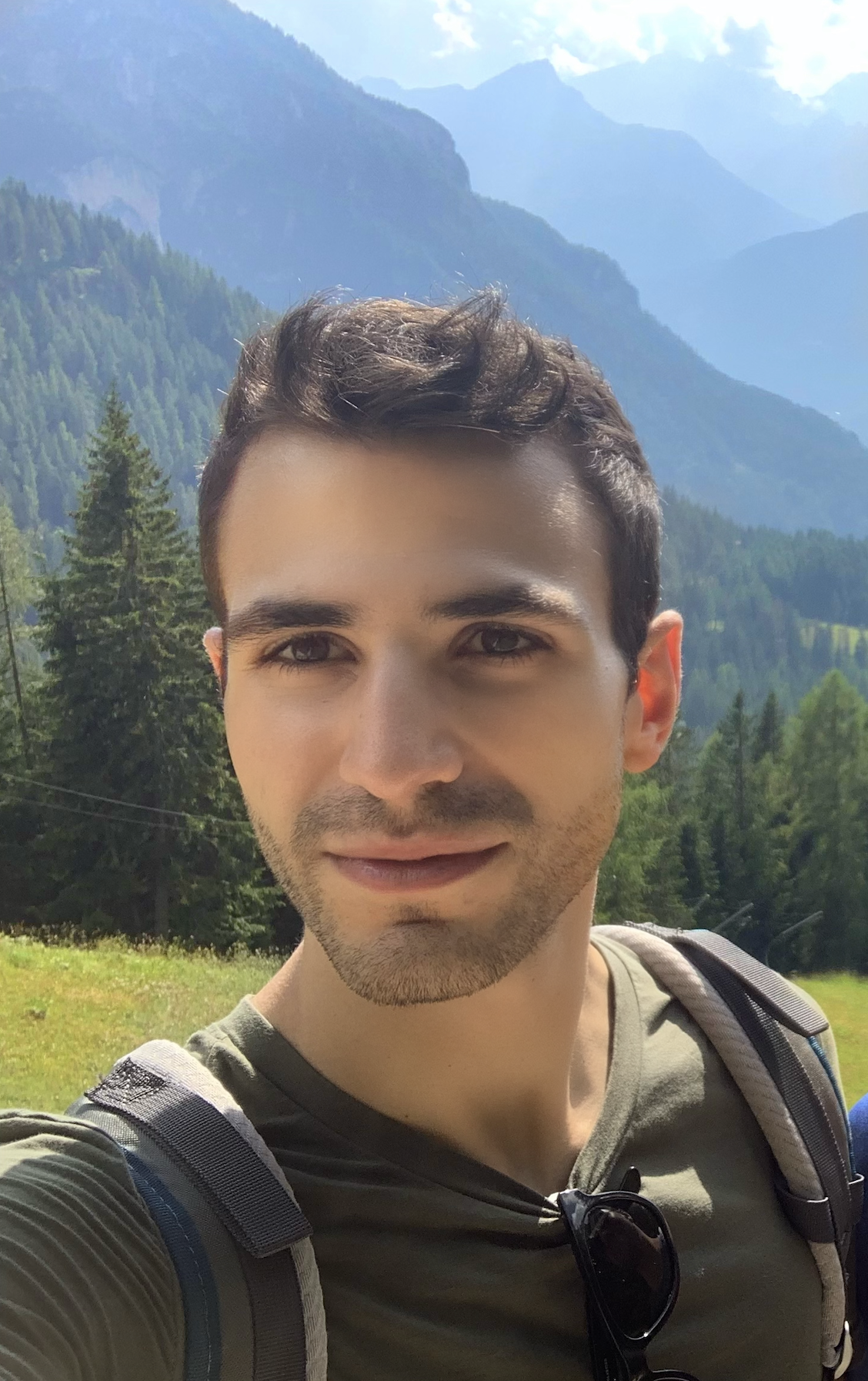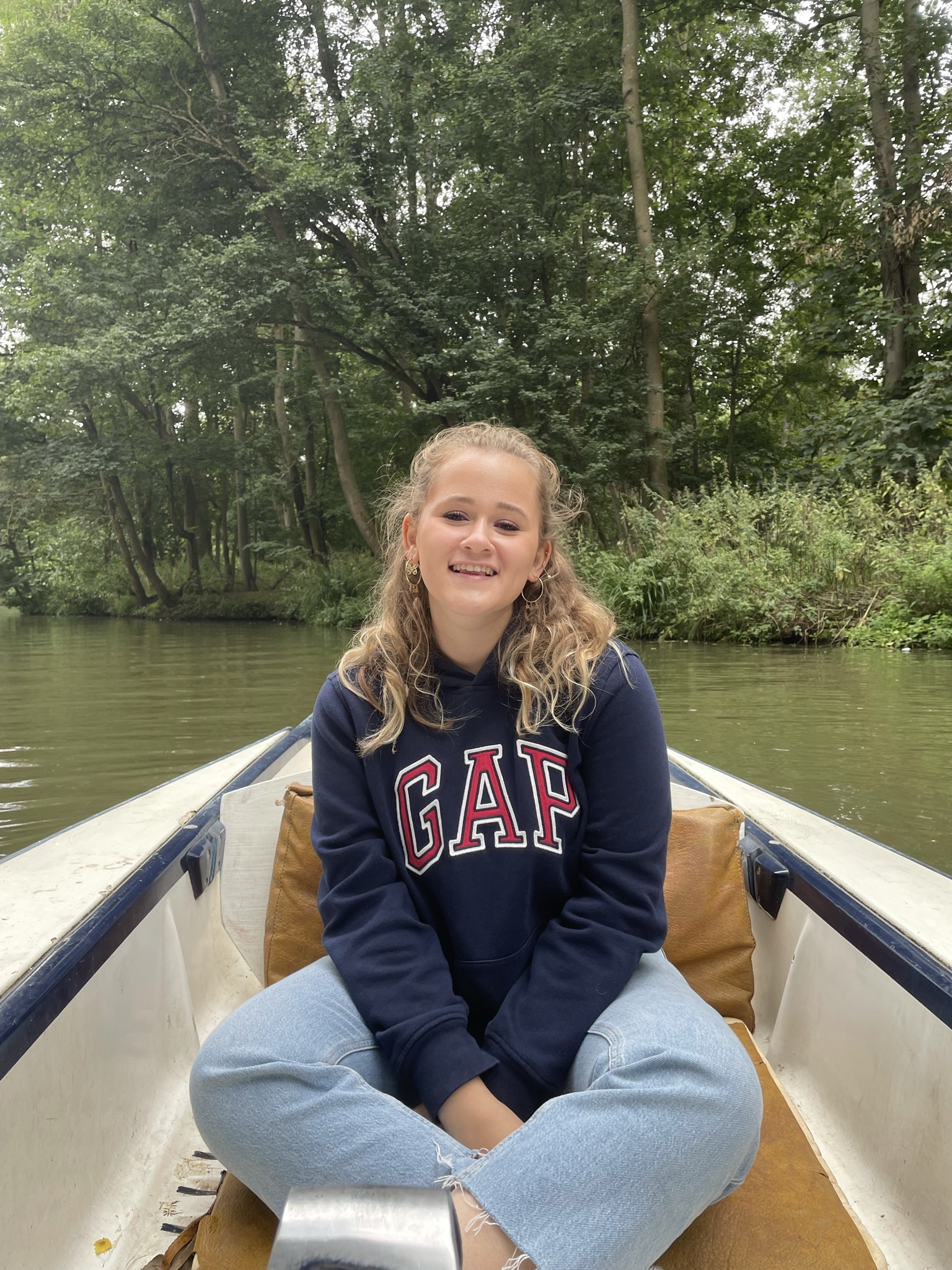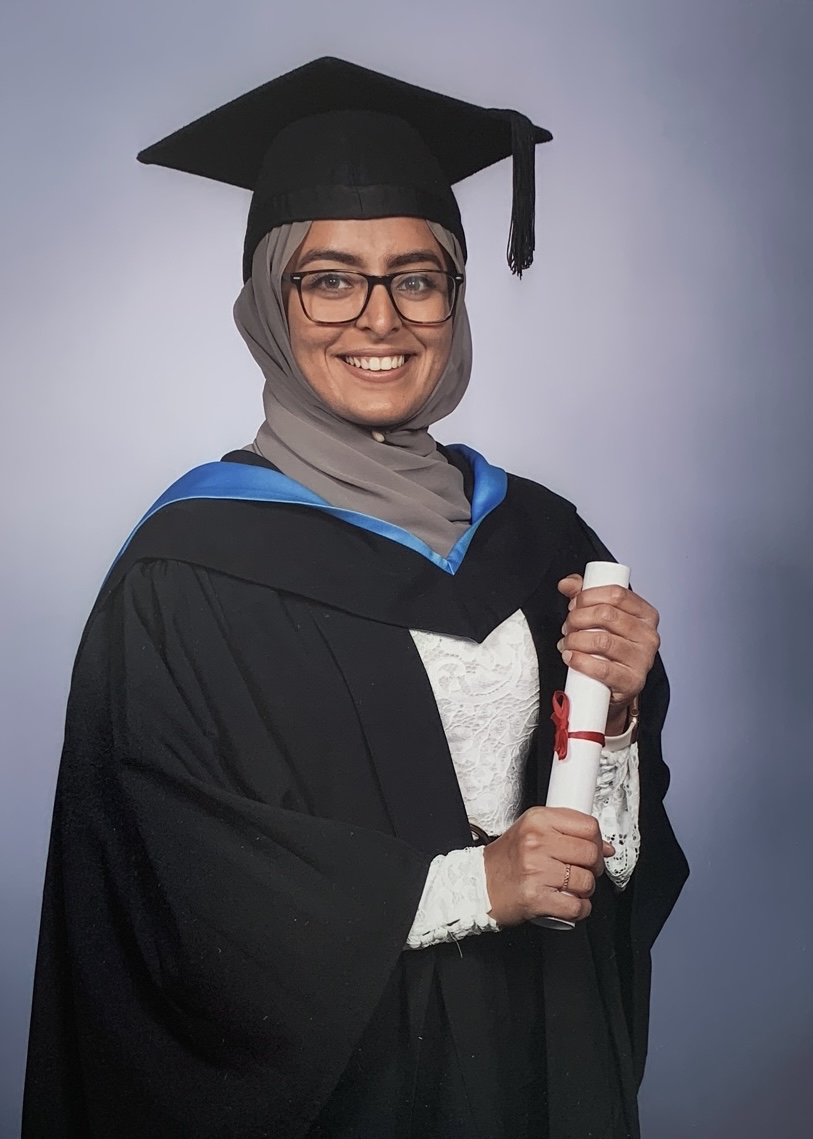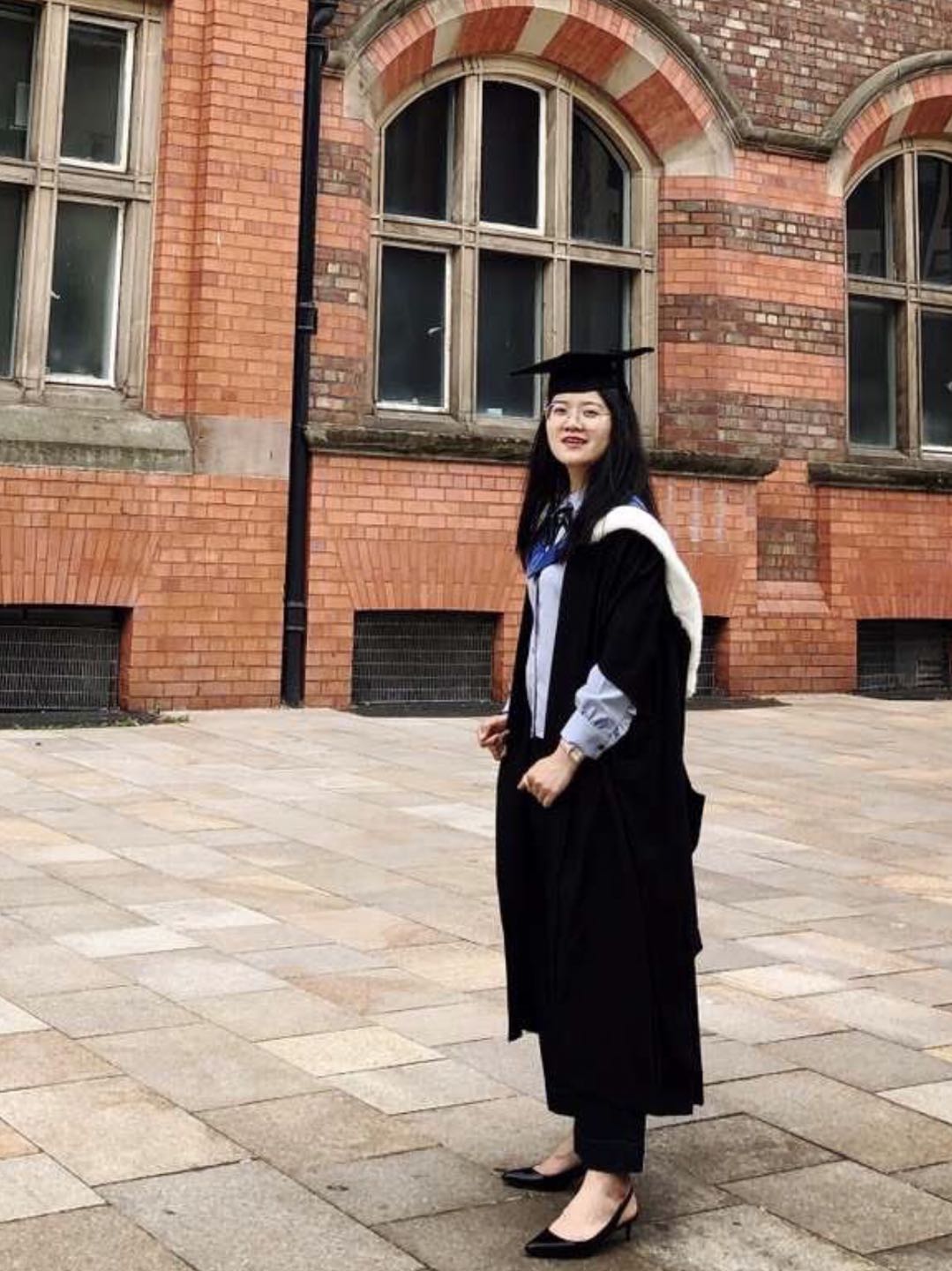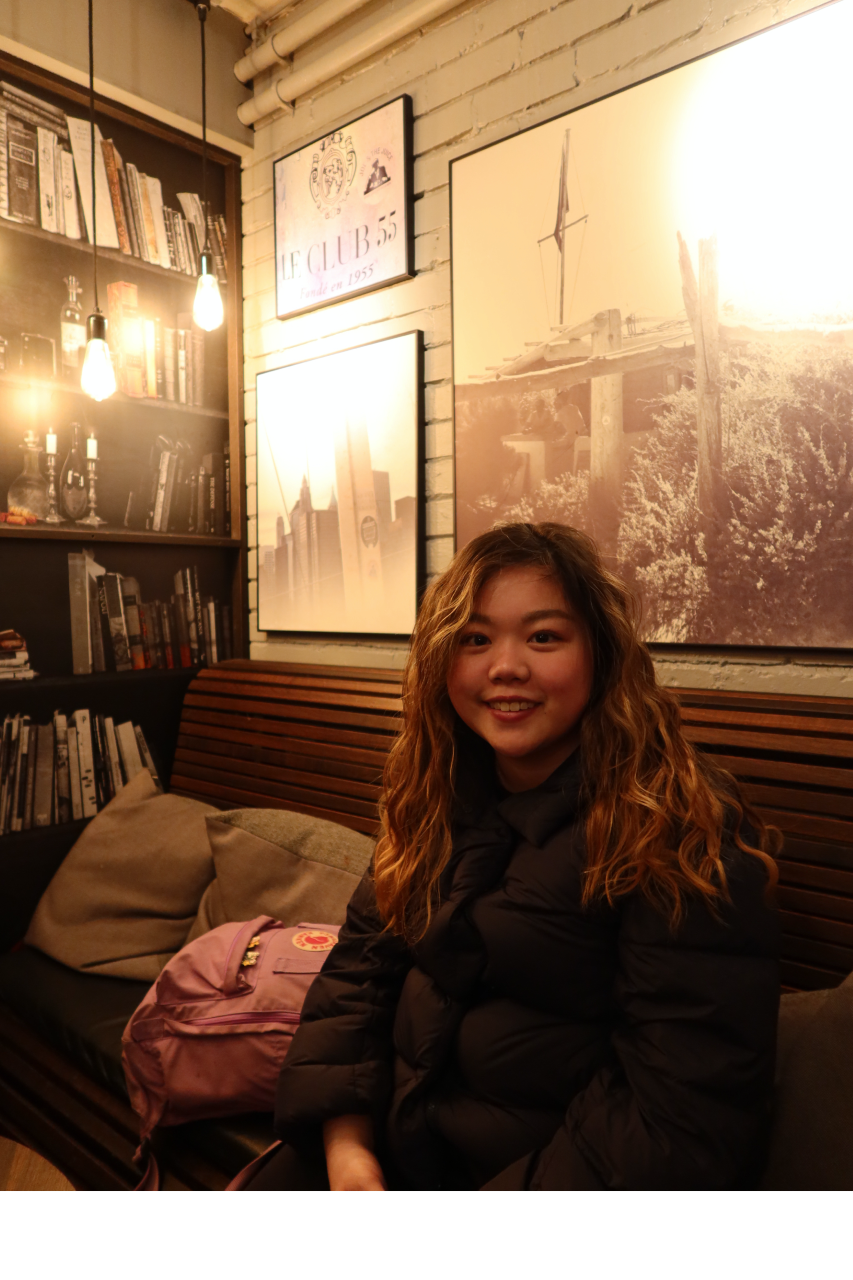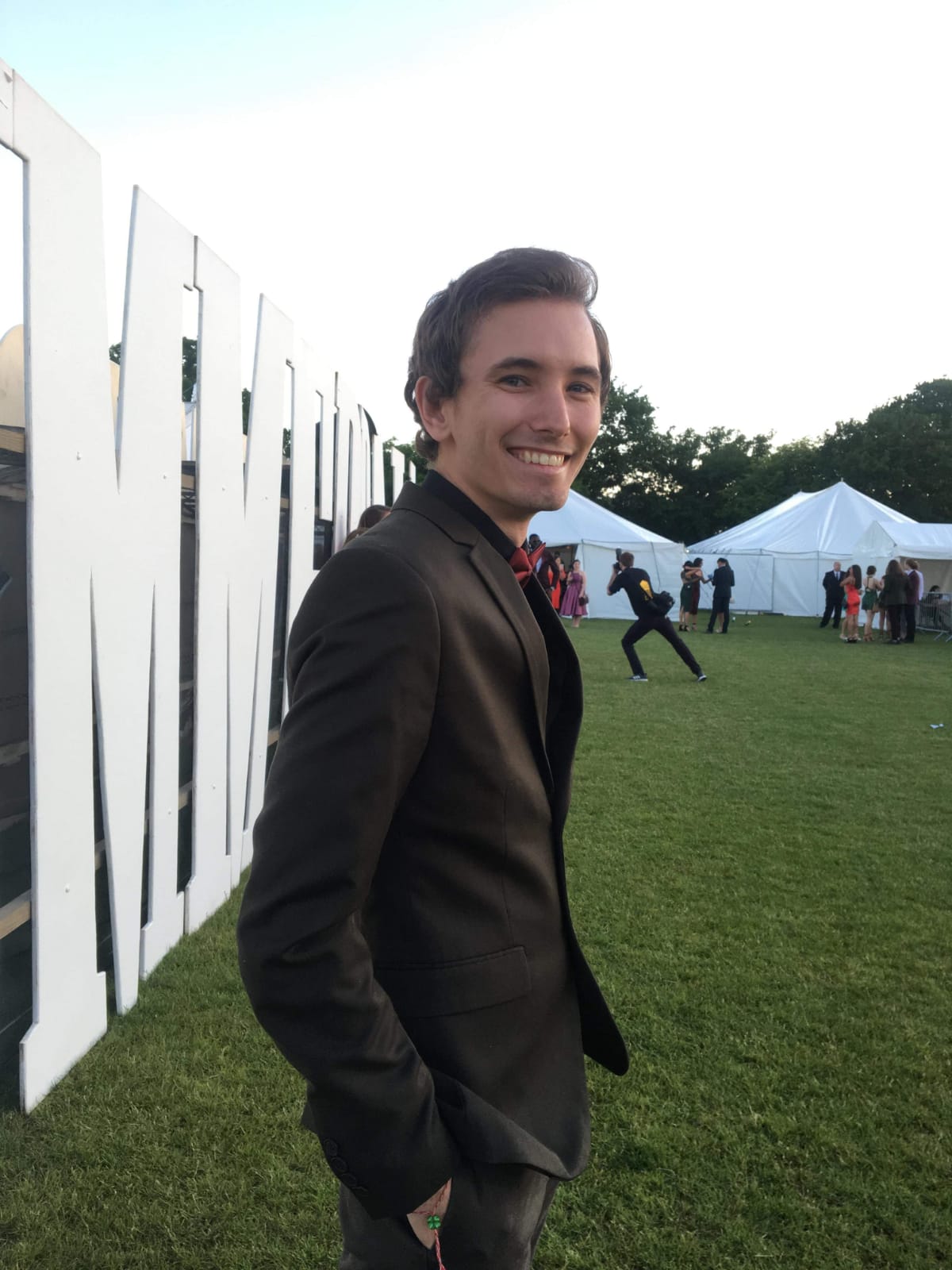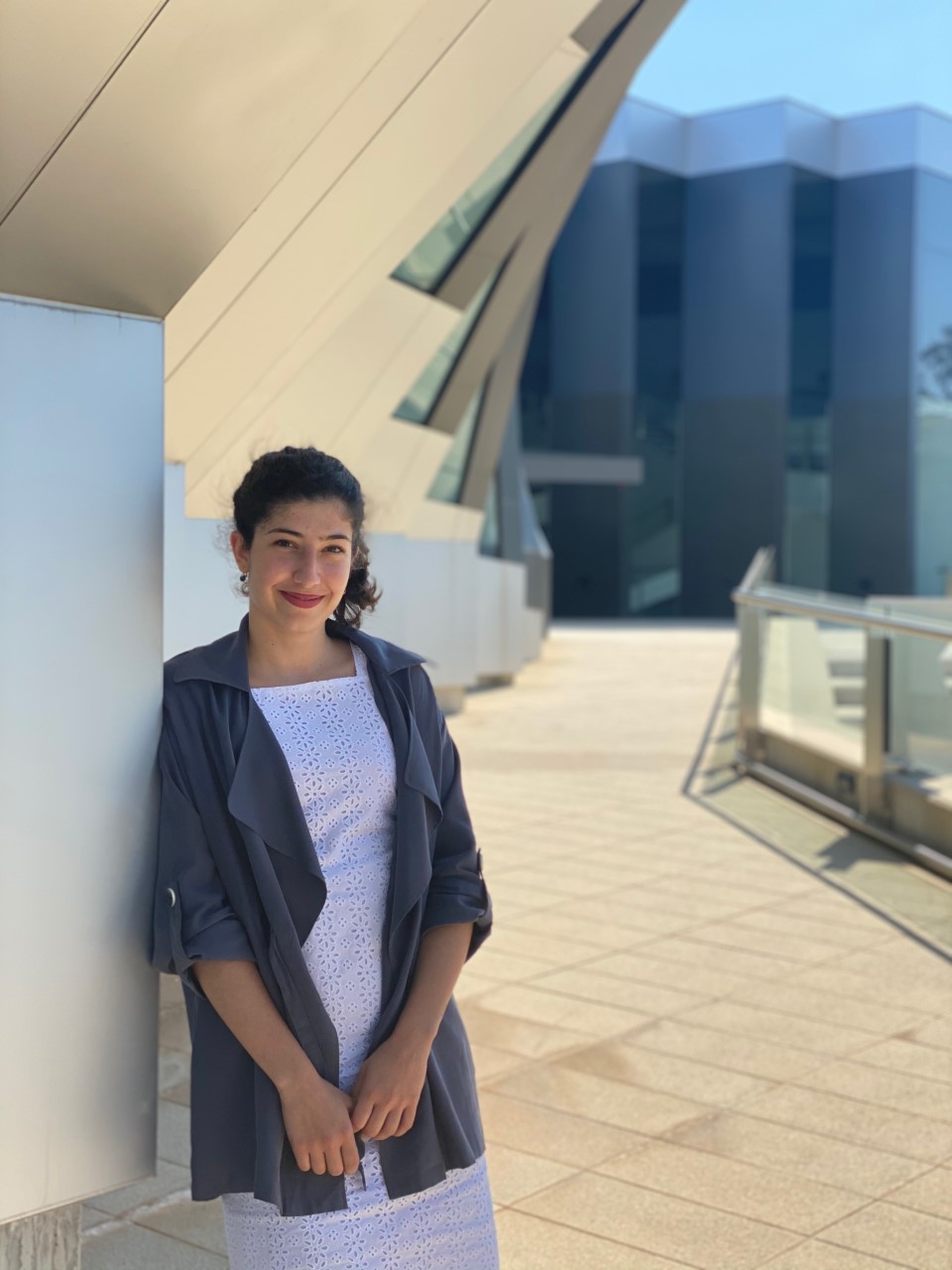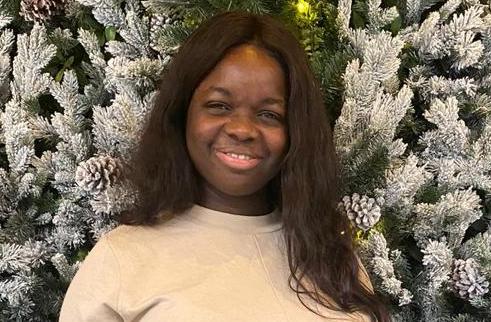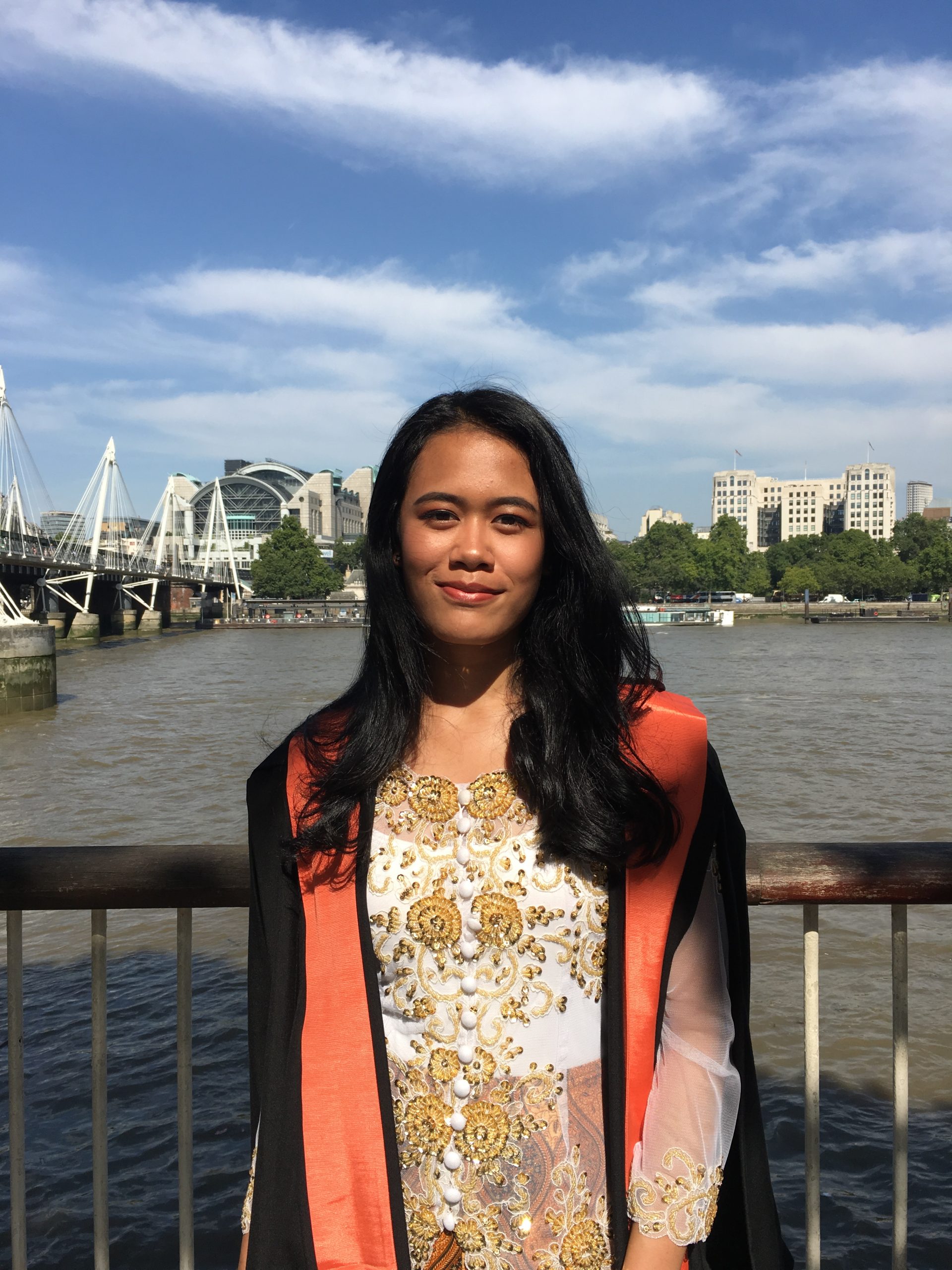
What is your name?
Nadhrah Izmi
Where are you from?
I’m from Kuala Lumpur, Malaysia
To which class do you belong?
MSc Translational Neuroscience, Class of 2020
Where and what did you study before joining Imperial College London?
I studied BSc Biomedical Science at King’s College London
How did you find your Master experience at the College?
A different experience compared to my undergraduate degree: the course was fully assignment-based with no exams, which I found refreshing, but also very stressful at times. Still, I’m glad for the skills I improved. It was also refreshing because there were only less than 40 of us in the course, all around the same age and with the same enthusiasm for neuroscience and mental health. My peers were so kind; our course had a healthy social environment and stimulated independence, which was great. Time management is certainly something I struggled with, yet improved on throughout the year. Unfortunately, COVID-19 robbed us of the last six months we all had together. Still, I’m fortunate enough to have experienced my first and a bit of my second term on campus
Which research project did you work on?
I worked on the acute and long-term effects of psychedelics in adolescents, supervised by Dr Robin Carhart-Harris and Hannes Kettner at the Centre for Psychedelic Research
Where are you now?
I’m in London
What are you working on?
I am finalising a manuscript derived from my MSc thesis to submit it to a high-impact journal. I am also picking up Python through online courses and actively applying for jobs in London and abroad
What is the most important lesson you learnt as a Master student?
Be proactive: don’t wait for an opportunity to fall into your lap. You only have one year of Master’s so make the most of it! Meet amazing new people and create lifelong friendships, network with excellent researchers at Imperial, attend career and social events, explore all the opportunities available to you as an Imperial student (there are many!). Most importantly, enjoy your time as a Master’s student as much as possible
How did the Master programme help you get to where you are now?
My Master’s really helped me shape my choices and open doors to people who have helped me discover where my career interests truly lie. I’ve always wanted to contribute to the mental health industry, and my time at Imperial has helped opened my eyes to the plethora of opportunities available to me. Also, I have never dreamed of working with data science, or anything computational for that matter, but taking the Computational Neuroscience stream was really game-changing: I now know this is what I want to dive into
